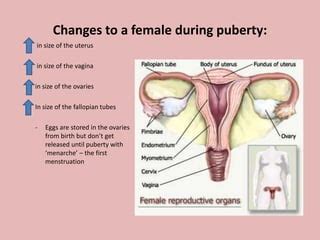The Science Behind the Voice Drop
One of the most recognizable physiological changes during male puberty is the dramatic deepening of the voice. This transformation, often referred to as ‘voice breaking,’ signals the onset of adolescence and is driven by a complex interplay of hormones and anatomical developments within the throat. Understanding the primary physiological change responsible for this phenomenon sheds light on a fundamental aspect of male maturation.
The Primary Driver: Testosterone
The undisputed protagonist in the deepening of a male’s voice during puberty is the hormone testosterone. As a boy enters puberty, his body experiences a significant surge in testosterone production from the testes. This potent androgen is responsible for instigating the development of many secondary sexual characteristics, including increased muscle mass, body hair growth, and crucially, changes in the vocal apparatus.

Laryngeal Growth and Vocal Cord Transformation
Testosterone’s direct impact is most profound on the larynx, commonly known as the voice box. Before puberty, the larynx in boys and girls is relatively small and similar in size. However, under the influence of surging testosterone, the male larynx undergoes a rapid growth spurt. The cartilages that form the larynx, particularly the thyroid cartilage, enlarge significantly. This growth often becomes externally visible as the ‘Adam’s apple.’
Crucially, this laryngeal expansion directly affects the vocal cords (also known as vocal folds) housed within it. The vocal cords, which are bands of muscle and elastic tissue, become longer and thicker. Imagine the strings of a musical instrument: a longer, thicker string will produce a lower pitch than a shorter, thinner one when plucked with the same tension.

The Mechanics of Deeper Pitch
The physics behind the voice change is straightforward. Sound is produced when air from the lungs passes through the vocal cords, causing them to vibrate. The pitch of the voice is determined by the frequency of these vibrations. Shorter, thinner vocal cords vibrate at a higher frequency, resulting in a higher-pitched sound. Conversely, the longer and thicker vocal cords that develop in males during puberty vibrate at a slower frequency, leading to a significantly lower pitch and a deeper voice.
The transformation isn’t always smooth; during the growth phase, the vocal cords can sometimes change rapidly or unpredictably, leading to the temporary, uncontrolled fluctuations in pitch known as a ‘voice break.’ This is a normal part of the voice maturing process, as the individual learns to control their new, larger vocal apparatus.

Beyond the Larynx: Other Subtle Factors
While the changes in the larynx and vocal cords are the primary physiological cause for the deepening of the voice, other subtle changes can also contribute to the overall sound quality (timbre) of a male’s voice. These include the growth of facial bones and the expansion of the sinus cavities, which act as resonance chambers. However, these factors play a secondary role compared to the fundamental alteration of the vocal cords’ length and thickness.
Conclusion
In summary, the primary physiological change responsible for the deepening of a male’s voice during puberty is the testosterone-driven growth of the larynx and the subsequent lengthening and thickening of the vocal cords. This anatomical alteration directly reduces the vibrational frequency of the vocal cords, resulting in the characteristic lower pitch that defines an adult male voice. This transformation is a clear and powerful testament to the far-reaching effects of hormonal changes during human development.




